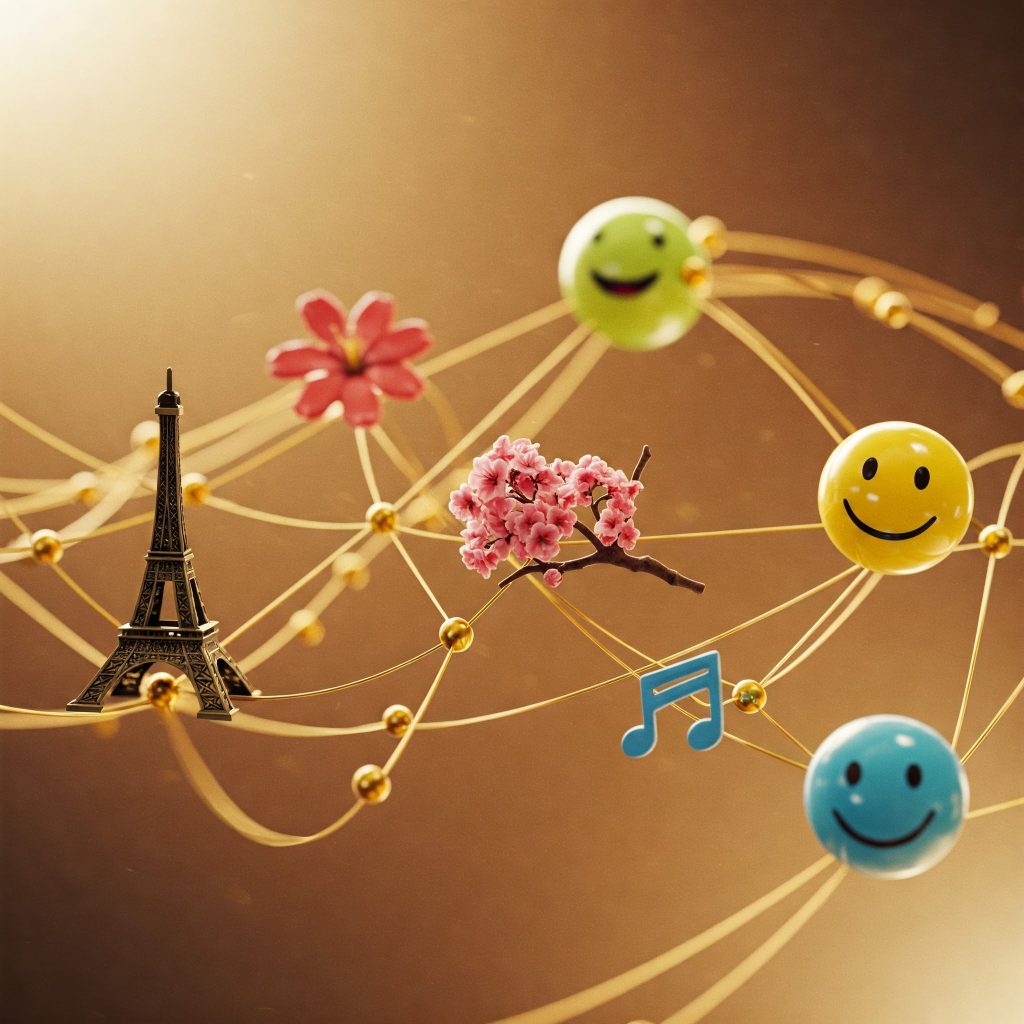What is Soft Power?

Soft power is a concept in international relations that refers to the ability to influence the behavior or thinking of other countries or actors through attraction and persuasion rather than coercion (hard power) or payment.
Coined by Joseph Nye, soft power relies on a country’s:
- Culture: The attractiveness of its values, ideas, arts, entertainment, and lifestyle.
- Political Values: The appeal of its democracy, human rights record, and overall political system.
- Foreign Policies: The legitimacy and moral authority of its international actions and relationships.
Based on the available information from the Global Soft Power Index 2025 by Brand Finance, Poland ranked 32nd globally:
Poland: Using data to strengthen cultural diplomacy and global influence
słówka:
Global Soft Power Index 2025 – słówka
PS.
How these countries exert soft power:
Soft power is the ability to influence other nations through attraction and persuasion rather than coercion (hard power). It stems from a country’s culture, political values, and foreign policies. Here’s how these top-ranking countries leverage their soft power:
- United States: Through its popular culture (movies, music, television), democratic ideals, prestigious universities, technological innovation, and global brands.
- China: By showcasing its economic growth and technological advancements, promoting its unique culture and traditions, investing in infrastructure projects globally (Belt and Road Initiative), and through cultural exchange programs.
- United Kingdom: Via its rich cultural heritage, globally recognized education system (universities), influential media (like the BBC), creative industries, and the appeal of the English language.
- Japan: Through its popular culture (anime, manga, video games), technological prowess, unique cultural traditions, high-quality products, and its philosophy of innovation and efficiency.
- Germany: By its strong economy and respected brands, technological and engineering excellence, high standards of education, cultural heritage (music, literature), and commitment to international cooperation.
- France: Through its rich cultural heritage (art, fashion, cuisine), intellectual traditions, high culture, the French language, and its diplomatic influence in international organizations.
- Canada: By its reputation for multiculturalism, progressive social policies, high quality of life, beautiful natural landscapes attracting tourism, and its role in international peacekeeping and diplomacy.
- Switzerland: Through its neutrality and role as a diplomatic hub, high-quality education and research institutions, innovation in technology and pharmaceuticals, and its reputation for stability and financial expertise.
- Italy: Via its rich cultural heritage (art, fashion, cuisine, historical sites), influential design and luxury brands, and its historical contributions to Western civilization.
- United Arab Emirates: By its rapid economic development, modern infrastructure, investment in tourism and culture, its growing role as a regional hub for business and transportation, and its diplomatic efforts in the Middle East.